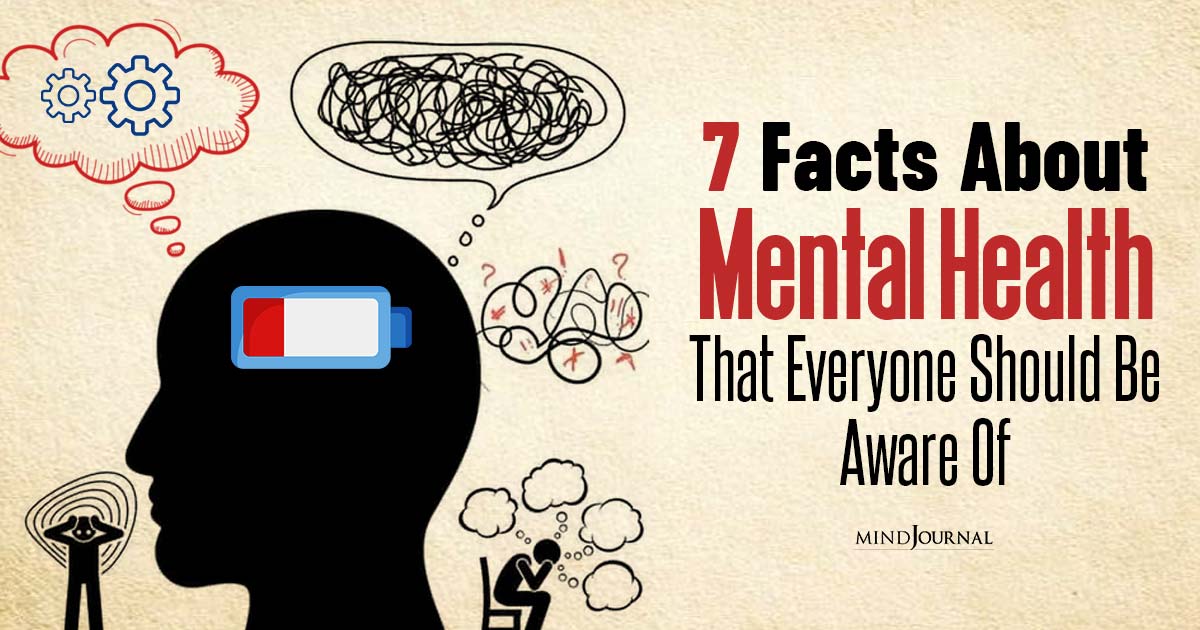PPD? What exactly is a PPD..? It actually stands for Post-Partum Depression. But how can someone have a depression soon after such a big bundle of happiness in their lives?
If you are a new mommy with your bundle of joy in your arms but you somewhat feel sad and hopelessness, then this is nothing but PPD. Sometimes it is difficult to know whether it is stress or exhaustion or depression. Altogether, childbirth and motherhood is a stressful and tiring job.
With postpartum depression, feelings of sadness and anxiety can be extreme and might interfere with a woman’s ability to care for herself or her family.
What are the symptoms of PPD
- Loss of interest or enjoyment
- Crying and cribbing all the time
- Sadness and emptiness
- Difficulty in decision making
- Avoiding family and friends
- Feeling angry and irritated
- Feeling life is worthless
Read The 8 Faces of Depression: Identifying the Types and Symptoms of Depression
How can we manage PPD
Untreated depression can be lonely, confusing, and even scary if your condition gets worse. The good news is that it’s very treatable, so you don’t have to feel this way.
Depression is a medical condition that requires treatment. It’s not a sign of weakness. Be honest with yourself and those who care about you. Tell them about your struggle. You, your doctor, and your friends and family can team up to treat your postpartum depression symptoms.
Some of the options for treating PPD are:
- Counseling
- Anti-depressants
- Get as much sunlight as you can. Keep your shades and curtains open. And get outside as much as you can.
- Exercise helps improve mood.
- Eat a balanced diet. Avoid alcohol and caffeine. Nutritional supplement shakes are also useful for keeping up your energy.
- Schedule outings and visits with friends and family.
- Meet your Girlies and have some fun time.
- Don’t demand too much from yourself. Instead, be good to yourself.
- Go on a shopping trip just for yourself and buy something new for your post-baby wardrobe.
Read Research Shows A Couple’s Friendship Is Key To Reducing Postpartum Depression
Without suitable treatment, PPD can last for months or years. In addition to affecting the mother’s health, it can also interfere with her ability to bond with and care for her baby and may cause the baby to have problems with sleeping, eating, and behavior as he or she grows up.
So let’s talk it out and ask for help, Mommies!










Leave a Reply